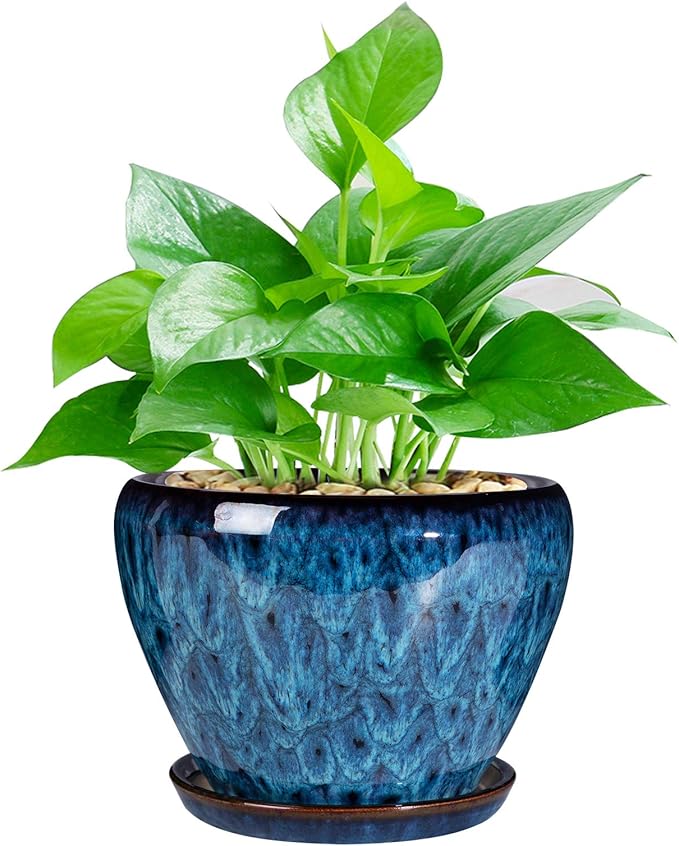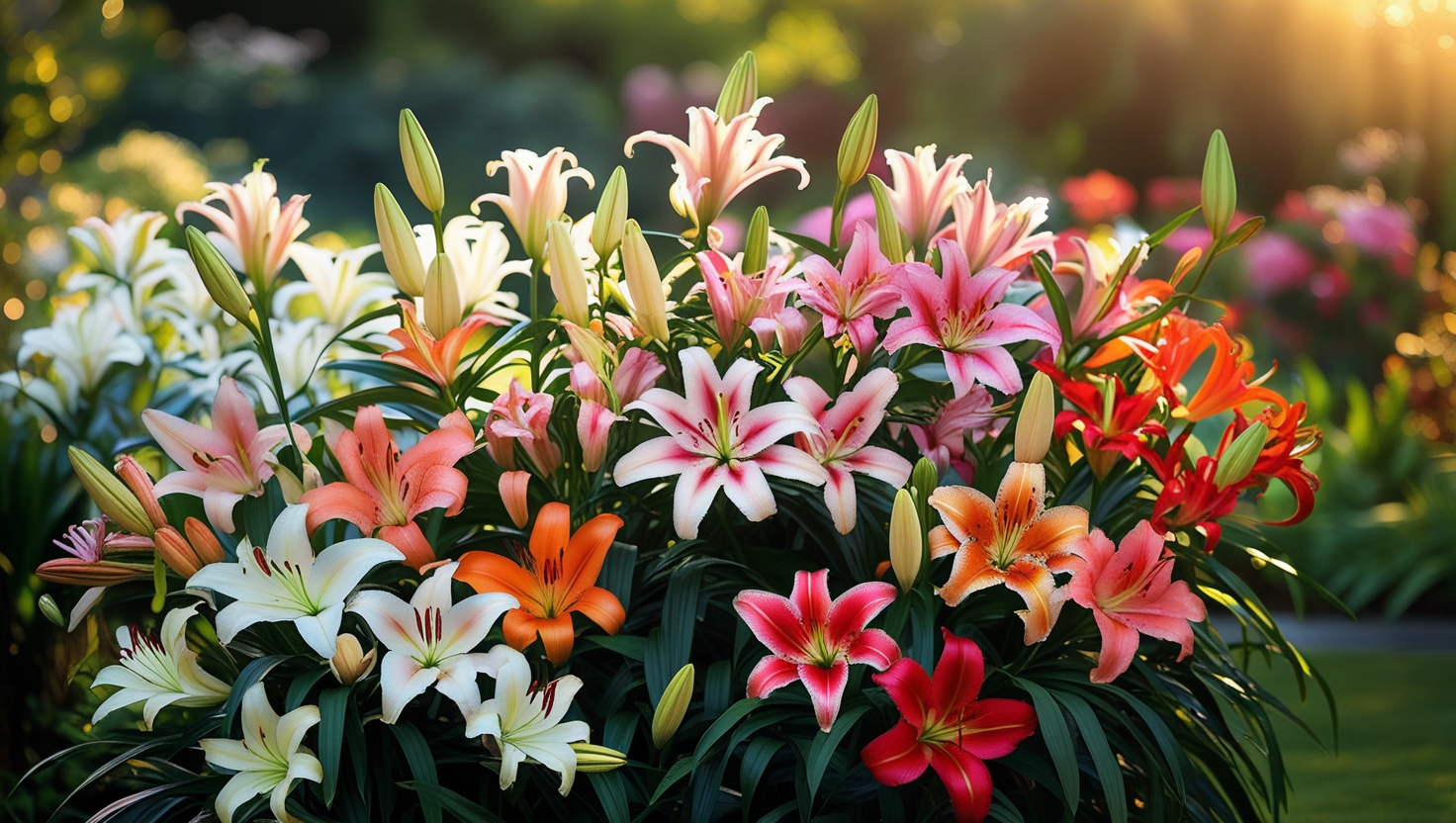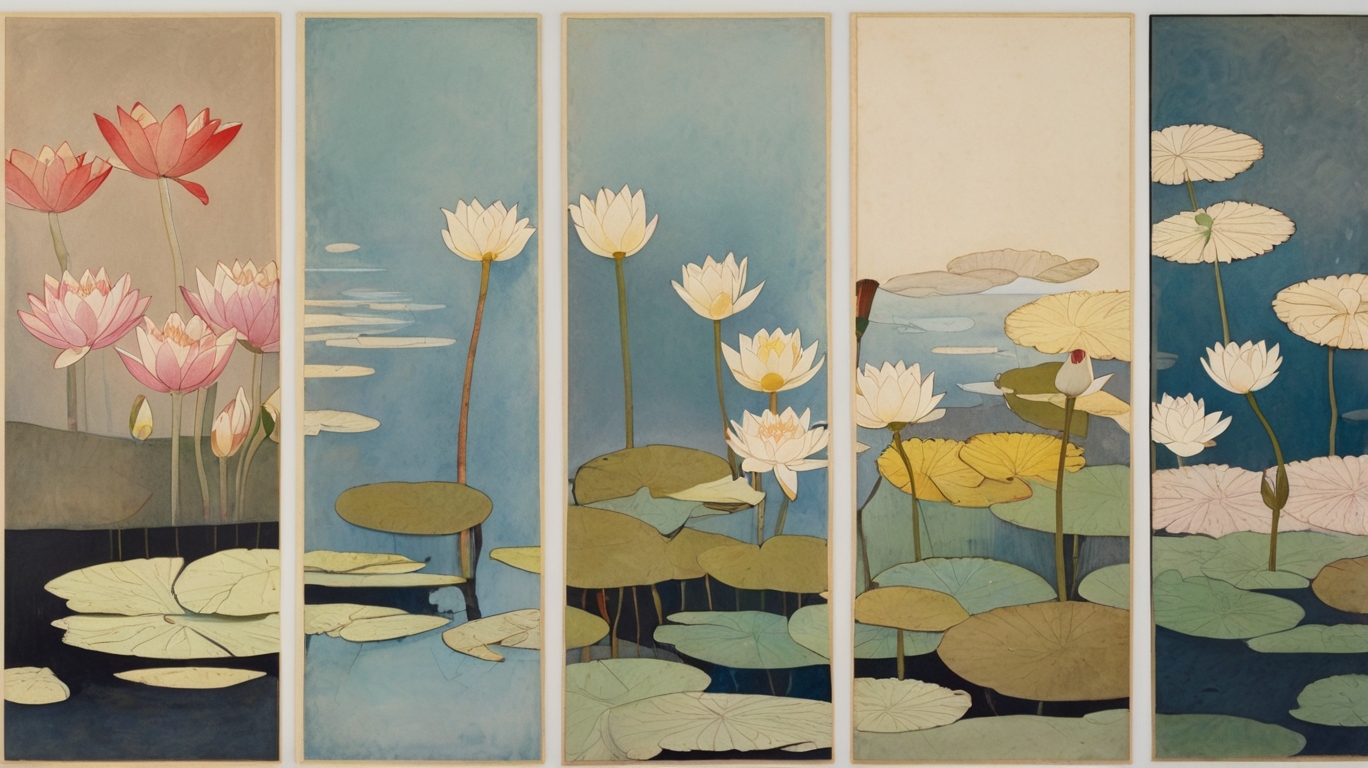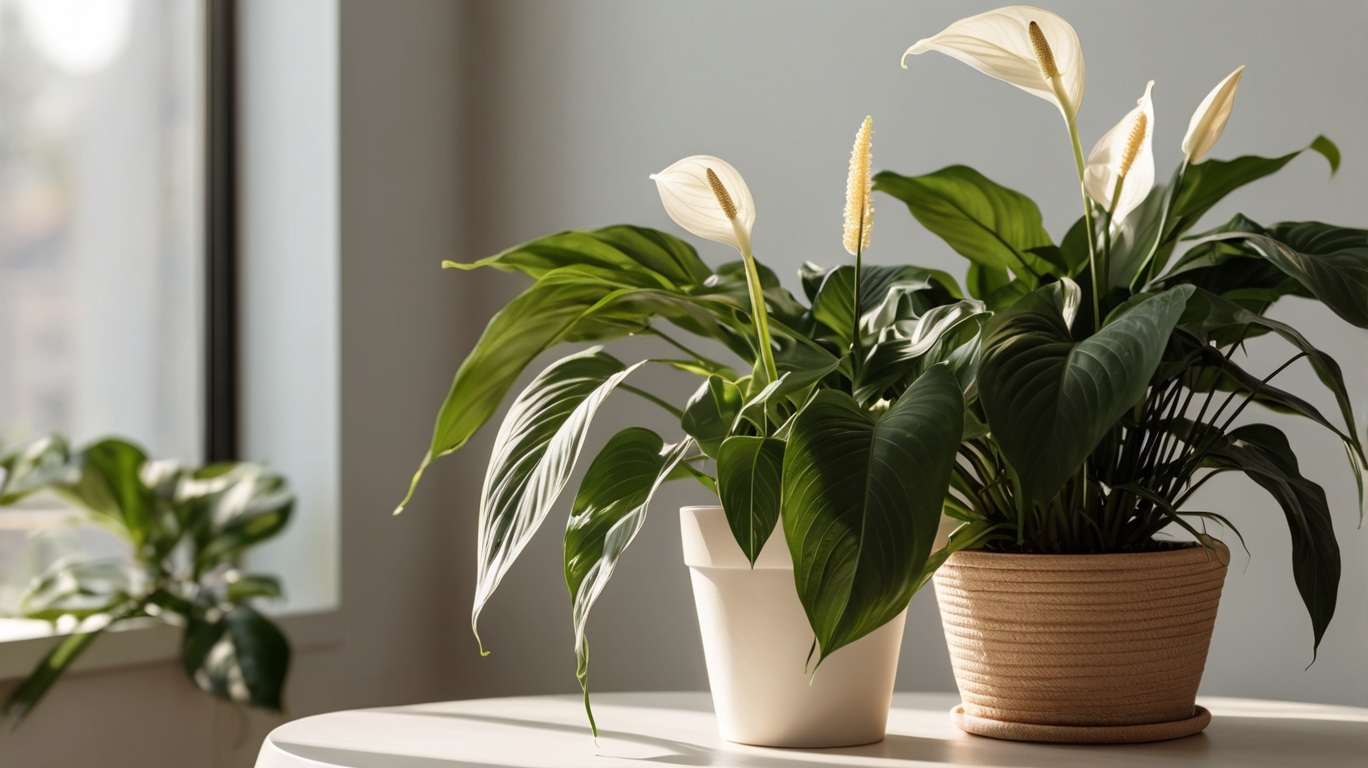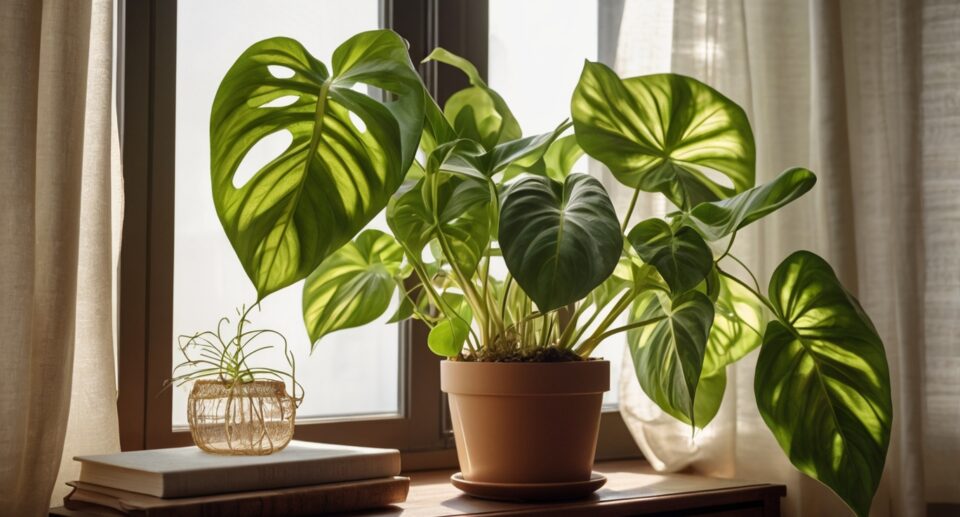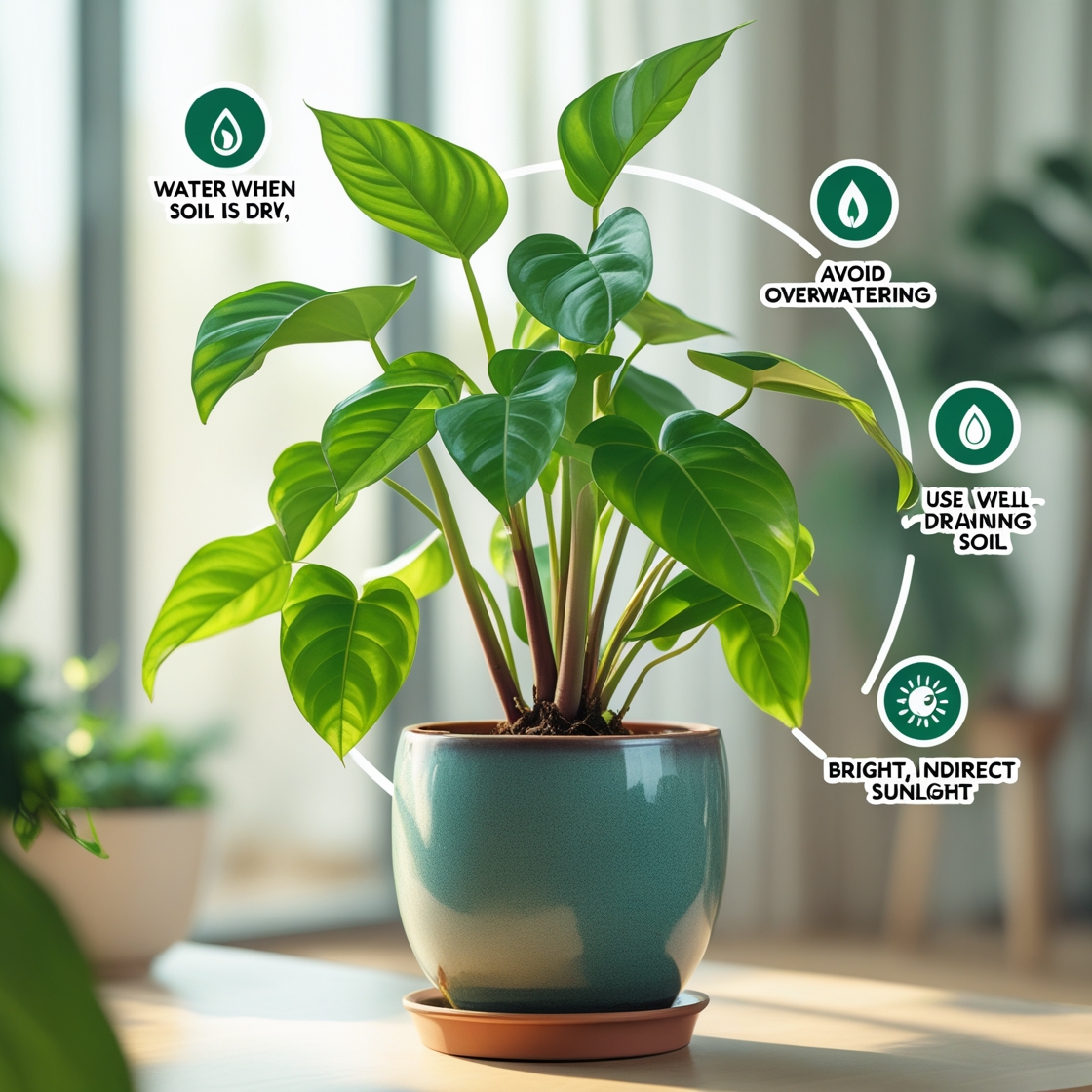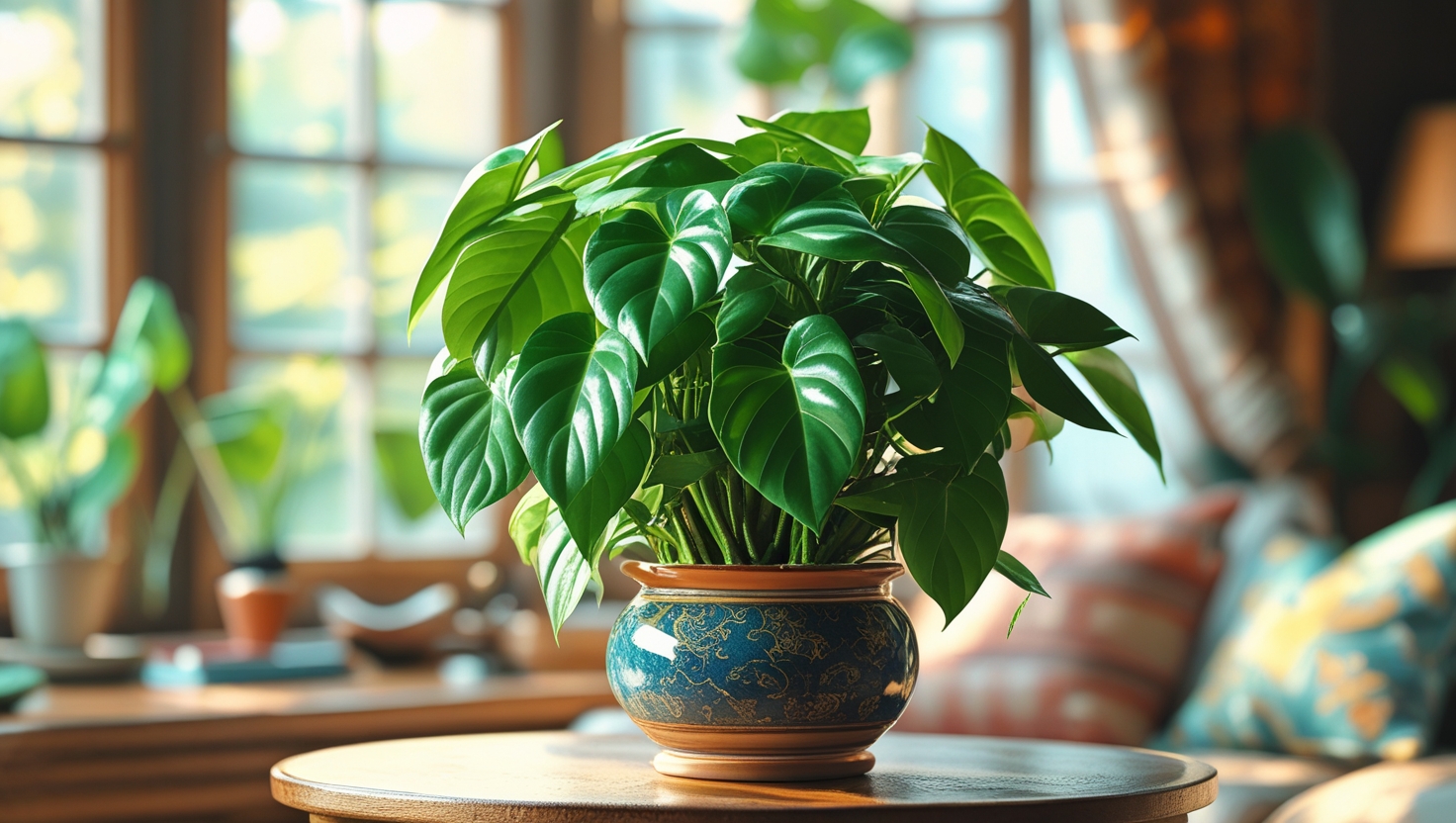Are Chinese Money Plants Toxic to Cats? Vet-Backed Facts #1
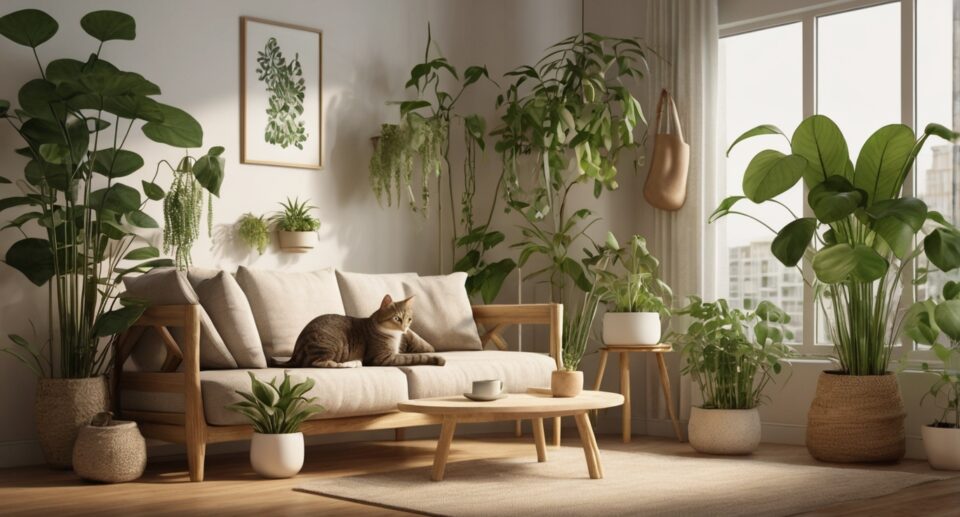
Introduction
If you have a cat and enjoy decorating with indoor plants, it’s important to make sure the plants you choose are safe for your pet. One plant that often raises questions is the Chinese money plant (also known as Pilea peperomioides). This guide is designed to give you detailed information about whether this plant is toxic to cats, what symptoms to look out for if your cat comes into contact with a harmful plant, and expert advice from veterinarians on how to protect your cat while still enjoying your greenery.
What Is a Chinese Money Plant?
The Chinese money plant (Pilea peperomioides) is a well-loved houseplant known for its unique, round leaves that look like pancakes.Other names include:
- pancake plant
- UFO plant
- missionary plant
Originally from southern China, it’s popular because it’s easy to take care of and grows well in indirect light—perfect for brightening up your home without needing much effort.
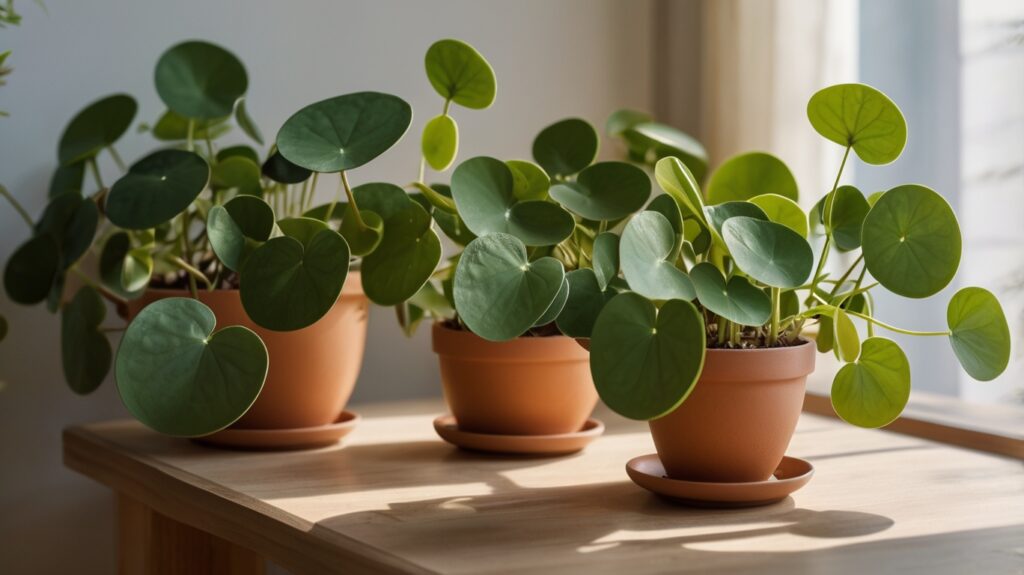
Are Chinese Money Plants Toxic to Cats?
Good news for cat owners—the Chinese money plant is non-toxic to cats! According to the ASPCA, Pilea peperomioides doesn’t pose a danger to cats, dogs, or humans. So you can safely decorate your home with this stylish plant without worrying about your kitty getting sick.
But just a heads-up: even though it’s safe, eating too much of any plant (including this one) can still cause mild stomach issues like vomiting or diarrhea. That’s why it’s a good idea to discourage your cat from nibbling on your greenery.
Understanding Plant Toxicity in Cats
Not all plants are equally dangerous—plant toxicity can range from mild to life-threatening. In cats, toxic reactions usually fall into three levels:
-
Mild toxicity: Can cause drooling, light vomiting, or diarrhea.
-
Moderate toxicity: Might lead to more intense vomiting, tiredness, or a loss of appetite.
-
Severe toxicity: In the worst cases, cats might have seizures, trouble breathing, or even die.
The great news? The Chinese money plant doesn’t fall into any of these categories. It’s considered non-toxic and safe for cats, so you don’t have to worry about serious health risks if your furry friend gets curious.
Symptoms of Plant Toxicity in Cats
Even though Pilea peperomioides is non-toxic, it’s still smart to know the general signs of plant poisoning—just in case your cat snacks on a different, harmful plant. Watch for symptoms like:
-
Vomiting
-
Diarrhea
-
Drooling
-
Trouble breathing
-
Low energy (lethargy)
-
Pawing at the mouth
-
Not eating (loss of appetite)
If you notice any of these signs, get in touch with your vet right away. Quick action can make a big difference in your cat’s health.
Safe Houseplants for Cat Owners
Want more greenery that’s safe for your furry friend? Here are some gorgeous, cat-safe plants you can add to your home with peace of mind:
🌿 Cat-Friendly Indoor Plants:
-
Spider Plant (Chlorophytum comosum)
-
Boston Fern (Nephrolepis exaltata)
-
Areca Palm (Dypsis lutescens)
-
Bamboo Palm (Chamaedorea seifrizii)
-
Calathea
-
African Violet (Saintpaulia)
-
Prayer Plant (Maranta leuconeura)
These are all non-toxic to cats and easy on the eyes!
🚫 Plants to Avoid (Toxic to Cats):
-
Lilies – extremely toxic and potentially fatal
-
Aloe Vera
-
Philodendron
-
Pothos
-
Dieffenbachia
-
Sago Palm
Even a small amount of some of these can be dangerous, so it’s best to keep them far out of reach—or out of the house altogether.
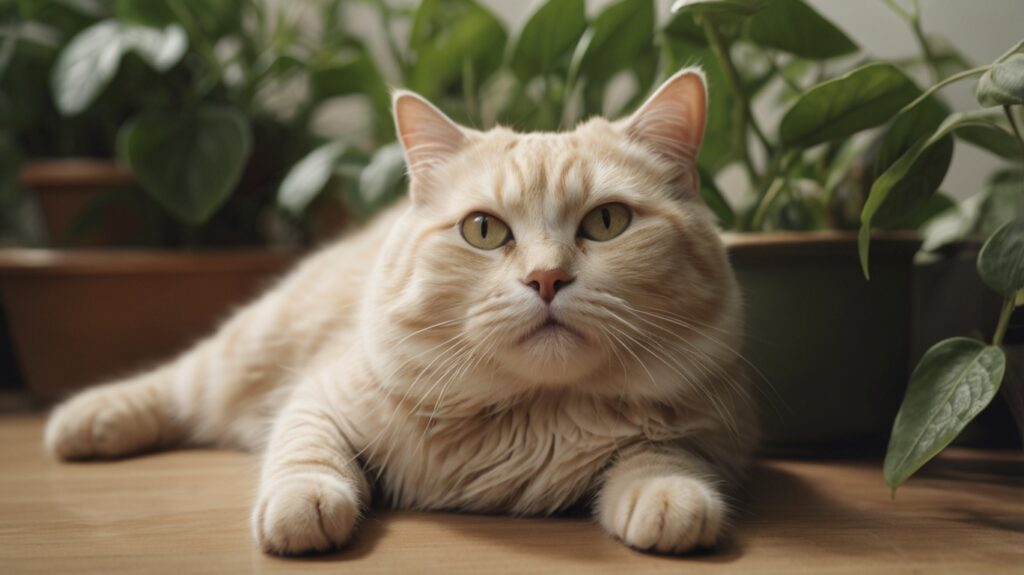
What to Do If Your Cat Eats a Chinese Money Plant
Even though Chinese money plants are non-toxic, eating large amounts can still cause minor issues, such as:
-
Mild stomach upset
-
Temporary loss of appetite
-
Light vomiting
✅ What You Should Do:
-
Keep an eye on your cat – Watch for any unusual behavior or signs of discomfort.
-
Offer fresh water – This can help flush out anything irritating in their system.
-
Contact your vet – If symptoms last more than 24 hours or worsen.
🧑⚕️ Need extra help?
Call the ASPCA Animal Poison Control Center at (888) 426-4435 for expert guidance anytime.
Frequently Asked Questions
Is the Chinese money plant safe for kittens?
Yes, it is non-toxic to kittens as well. However, keep the plant out of reach to prevent accidental damage or ingestion.
Can cats develop allergies to non-toxic plants?
While rare, some cats might have individual sensitivities. Monitor your pet the first time a new plant is introduced.
Are there any precautions I should take?
- Place plants out of your cat’s reach.
- Train your cat to avoid houseplants using deterrent sprays or textures they dislike.
- Provide cat grass as an alternative chewing option.
Final Thoughts
Pilea peperomioides, also known as the Chinese money plant, is non-toxic to cats, making it a stylish and safe choice for pet-friendly homes.
While it’s generally harmless, it’s still smart to:
-
Monitor your cat’s behavior around new plants
-
Introduce greenery gradually
-
Stay informed about plant safety
By picking pet-safe plants and keeping a watchful eye, you can enjoy a cozy, vibrant home without putting your feline friends at risk. 🌿🐾
Click the link below to buy “FLOWER Retro Wooden Stand Plant Terrarium with 3 Bulb Glass Vases for Hydroponic Home & Office Décor”
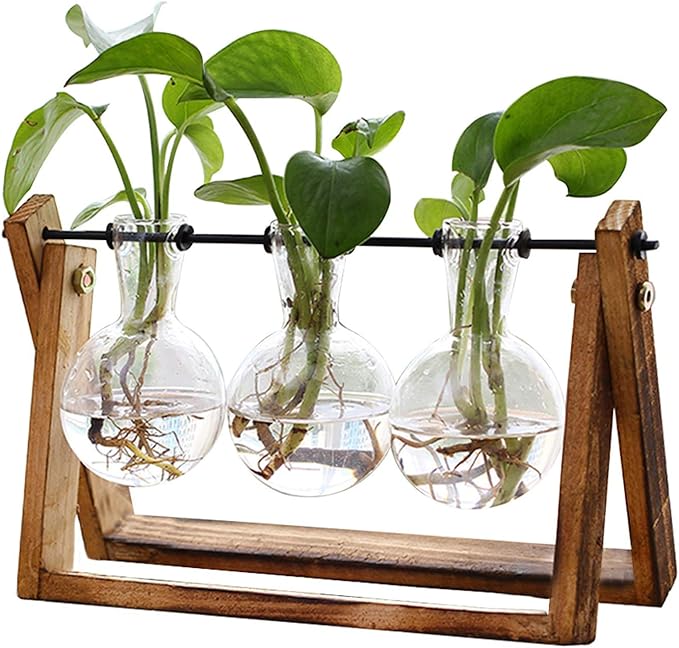
“Click the link below to buy “6-inch modern ceramic planter with glaze, drainage hole, and saucer for indoor & outdoor plants.”
